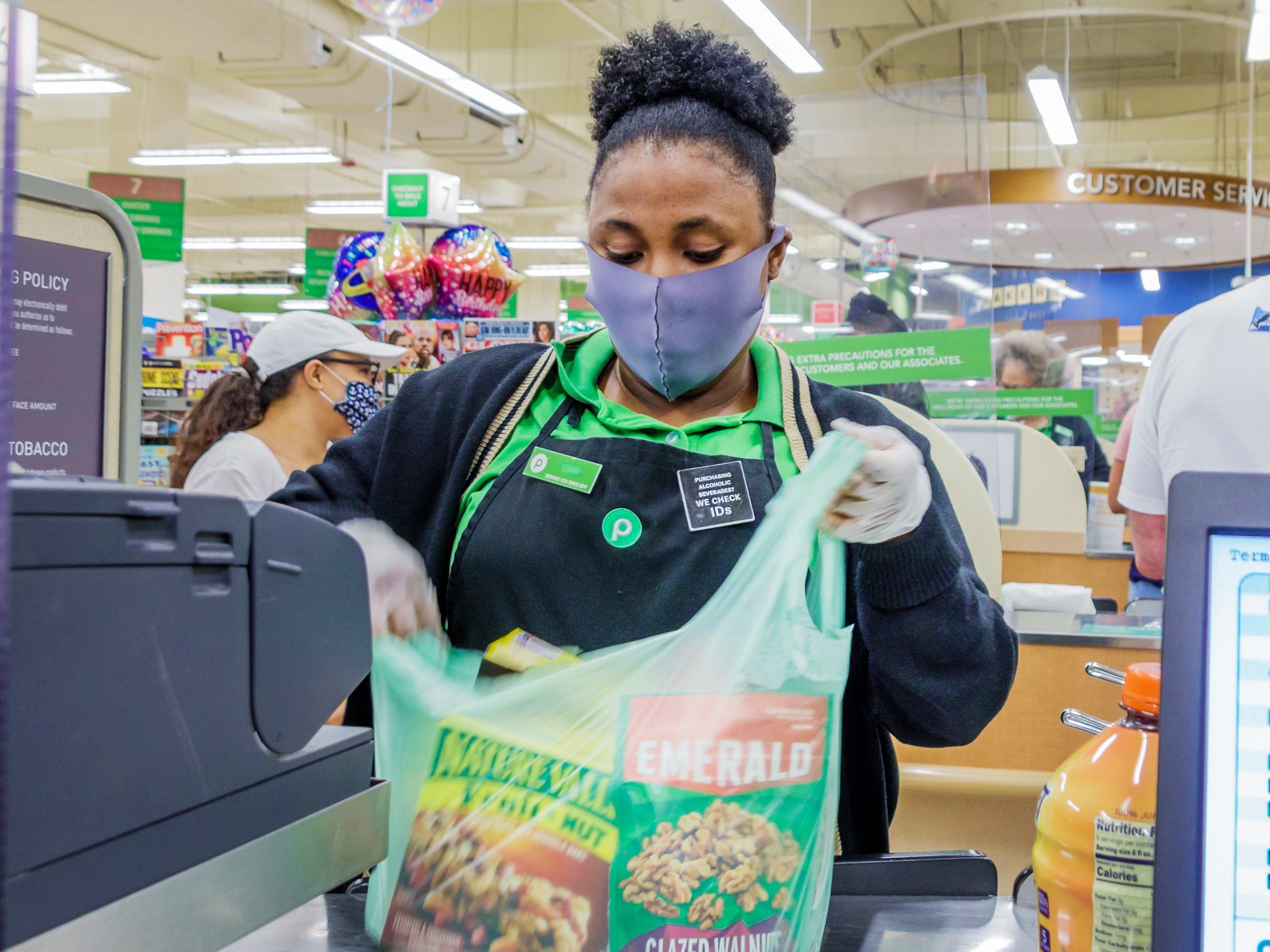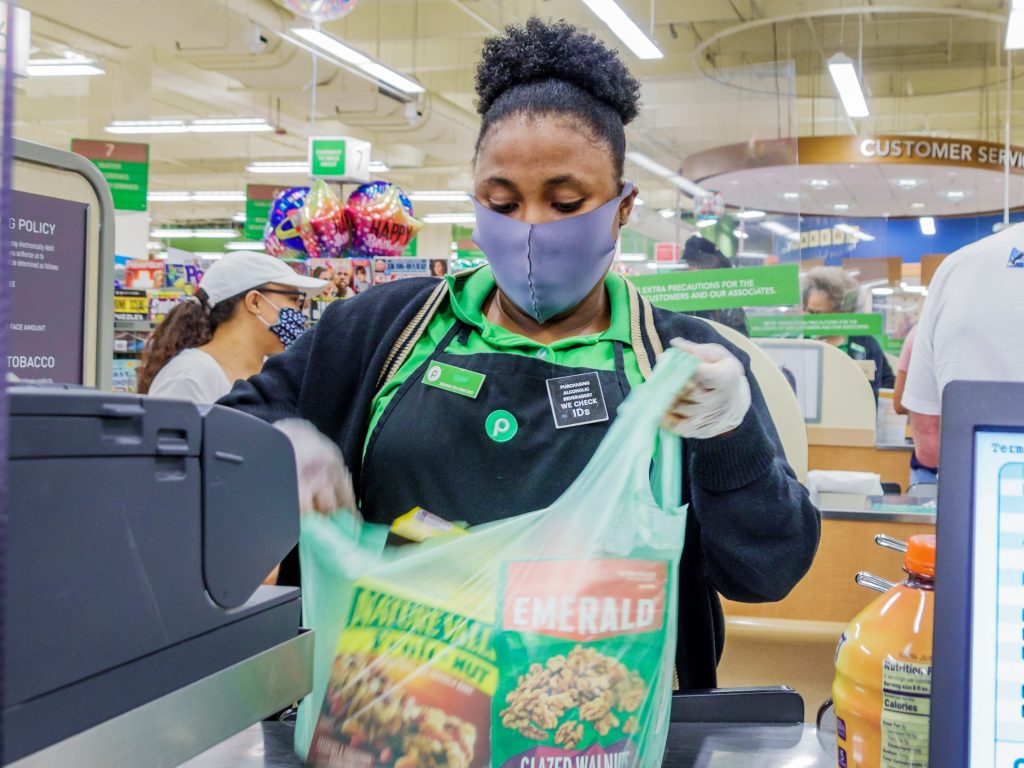
Jeffrey Greenberg/Education Images/Universal Images Group via Getty Images
- The Federal Reserve said labor supply was likely to remain "constrained" over the next few months.
- Businesses blamed the shortage on unemployment benefits, childcare, transport issues, and low wages.
- Companies including McDonald's and Uber and private health firms are scrambling to find workers.
- See more stories on Insider's business page.
The US labor shortage hitting industries from education and healthcare to hospitality and ride-hailing apps could last months, the Federal Reserve said on Wednesday.
Demand for labor is set to remain strong over the next few months, but supply is likely to be "constrained," it said in its monthly Beige Book report, which collects anecdotal evidence about the economy from its 12 regional banks.
Companies are struggling to find low-wage hourly workers, truck drivers, and skilled tradespeople, the central bank said.
This is causing some to cut production and even reduce their operating hours, while others are encouraging employees to work more overtime, it said.
One convenience-store chain near Cleveland, Ohio, told the Fed that it had tried to recruit for a month but was unable to attract new hires and that had to slash hours at 10 of its stores.
The report detailed how the labor shortage had affected industries ranging from hospitality and manufacturing to transport and construction across the US. The regional Fed banks in Philadelphia and Cleveland even said their areas were suffering from a "dearth" of qualified job applicants.
Companies told the Fed that finding enough staff was one of their biggest business concerns. They blamed the lack of available workers on unemployment benefits, childcare responsibilities, transport issues, stimulus payments, and COVID-19 safety concerns.
But low wages could also be behind the labor shortage. A staffing-firm employee told the Cleveland Fed he'd turned away prospective clients that offered starting wages of less than $13 an hour because he wouldn't be able to find workers at that wage.
And a manufacturer said that in the Dallas area, even with a starting hourly wage of $14, the company was unable fill more than 20 open positions. Texas uses the federal minimum wage of $7.25.
April's shockingly weak employment report said just 266,000 workers had been added to nonfarm payrolls, well below the nearly 1 million economists had expected. The read at the time was that the slowdown in hiring was the result of a shortage of available employees.
Companies have raised wages to lure more job applicants. More than half the businesses in the Cleveland area that responded to the survey for the Beige Book said they had increased wages over the past two months, while others said they'd offered sign-on bonuses.
Elsewhere, a McDonald's in Illinois said it would offer iPhones to new hires, while another in Florida said it would offer $50 to anyone who came in for an interview.
The US Chamber of Commerce released a damning report on Tuesday that said the labor shortage was holding back the nation's economic recovery from the pandemic. Some states and industries had fewer available workers than vacancies, it said.
Uber and Lyft have struggled to find enough drivers. Small-business owners fear they won't be able to pay rent. And New York City restaurants could take months to find enough staff to function properly. In a recent industry survey, 80% of local pharmacies said they couldn't find enough workers to deliver prescriptions and run cash registers, and 72% said they'd hiked wages to attract new staff.
Bank of America has said it expects the job market to recover by early 2022, while Lael Brainard, a Fed governor, said on Tuesday that the worker shortage would likely fade by the fall as vaccinations continue and federal unemployment benefits lapse.
